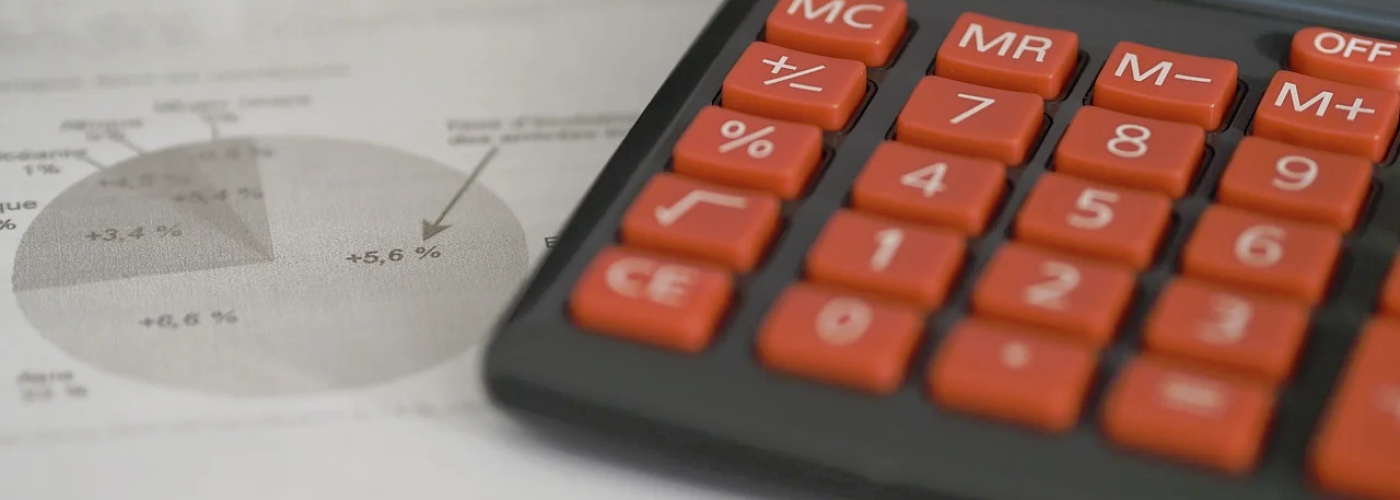The concept of insurance has been around for millennia, and yet the industry continues to evolve and grow as it responds to changes in society as well as the technological revolutions that shape our modern world.
Here is a look at what significant shifts are occurring at the moment, and why consumers and business owners alike should take note.
Choice is fuelling competition
The rise of online comparison tools has made it easier than ever for customers to weigh up the myriad insurance products that are available to them.
In turn this has made the market far more competitive, allowing smaller brands and start-ups to flourish and take on the incumbent, established operators on more of a level playing field.
Of course it is also possible for consumers to be overwhelmed by the amount of choice on offer, but according to Policy Scout it is possible to manage your expectations and identify the ideal insurance policy based on your needs and budget.
Social media is improving customer service
Insurance firms have had a slightly bad reputation when it comes to customer service quality, in part because traditional methods of communication hampered their ability to efficiently handle the sheer volume of correspondence from existing and prospective policy holders.
Social media has changed this for the better, not only giving customers a place to find and engage with insurers, but also letting them get a response to queries and complaints in a jiffy.
This is not only a short term advantage, but also leads to the building of trust between customer and brand that is especially important in the insurance industry.
Data is taking the guesswork out of calculating risk
Insurance is all about calculating risk, and the more accurately an insurer can do this, the better its products will be, as well as its profits.
Manually crunching the numbers necessary to come up with appropriate cover costs is resource-intensive and time consuming, yet thanks to the rise of big data and machine learning, much of this can be automated as well as massively catalyzed.
Furthermore as data becomes the driver for the entire market, fresh and previously overlooked insights will be gleaned, meaning that insurers will be able to spot correlations between different behaviors across varied customer groups, and use this to precisely predict risk without going too far in either direction.
Smart devices are increasingly common
A lot of the aforementioned data is being generated not just by more general studies and anonymized customer interactions over time, but also through the provision of information relating to a specific policy holder from moment to moment.
This has manifested itself in a number of ways, from insurers being able to offer in-car monitoring that helps keep premiums low for young drivers, to companies offering to monitor weather conditions and provide buildings insurance customers with advice about how to prepare for changes to the climate.
More than ever, the insurance industry is becoming tech-led, and the rewards stand to benefit everyone involved.





